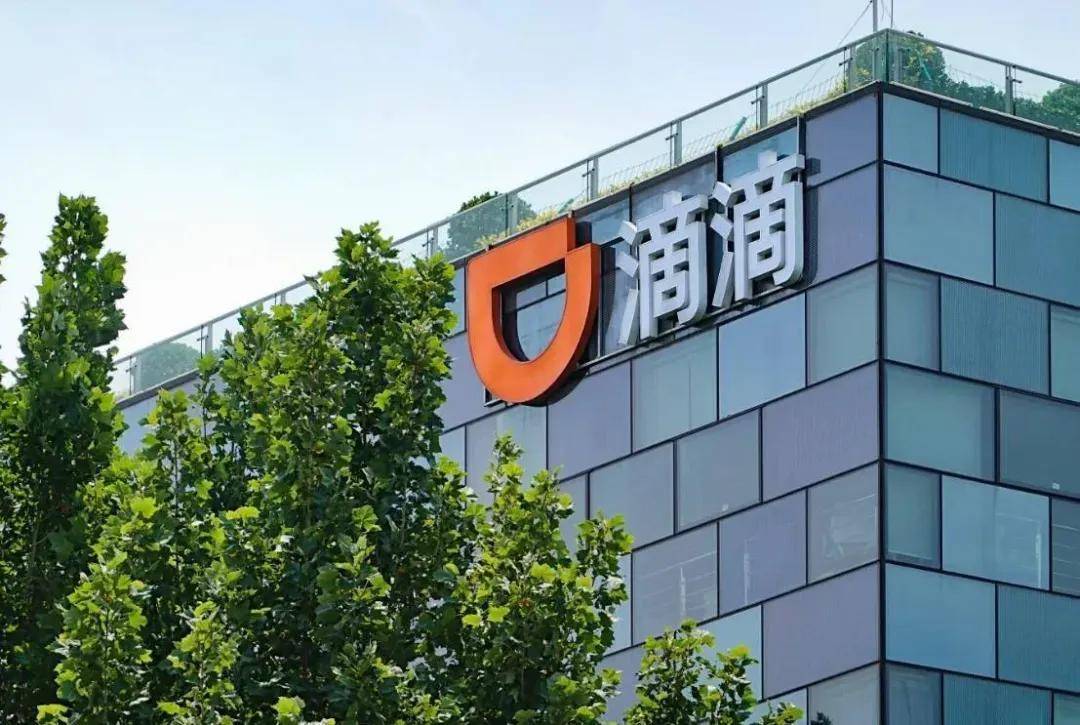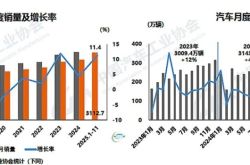"Didi Enterprise Edition collapses": A lesson for enterprises: Have reverence for technology
![]() 10/28 2024
10/28 2024
![]() 492
492

As many coders celebrated "1024," Didi's programmers were likely not in a celebratory mood.
On the evening of October 24th, complaints about Didi Enterprise Edition began to surface on social platforms like Xiaohongshu, Weibo, and Douyin: Overworked employees trying to hail a ride home at 11 pm found that Didi Enterprise Edition had "collapsed," with some unable to secure a ride, others being assigned additional rides after boarding, or simply receiving prompts of system errors.

Fueled by dissatisfaction, the topic of "Didi Enterprise Edition Collapses" unexpectedly trended on Weibo late at night.
Ironically, just the day before, at the Enterprise Travel Service Summit on October 23rd, Didi Enterprise Edition had announced that it had "served over 550,000 enterprises, becoming a one-stop enterprise business travel platform" and vowed to "continue increasing investment in technological resources to benefit more enterprises through integrated solutions."
While the "collapse" on October 24th may have been an isolated incident, it nonetheless reveals an established fact: Besides so-called "business ideals," enterprises must also have a fundamental reverence for technology.
01 The "secret" of downtime lies in financial reports
If this had happened two years ago, the "Didi Enterprise Edition Collapses" incident might not have garnered much attention. However, given the frequent aftermath of "cost-cutting measures," it seems necessary to delve deeper into the root cause.
Moreover, Didi has already experienced a "P0-level major incident" before.
Back to November 27, 2023, during another peak ride-hailing period at night, Didi's app was reported to have experienced system failures, including inability to locate users and displaying network errors, which lasted for up to 12 hours before largely resuming normalcy the following afternoon.
Rumors quickly spread, with some believing Didi had suffered an "external attack," others suggesting defects in its underlying system, and many focusing on the correlation between the system collapse and previous layoffs—"cutting experienced staff and leaving inexperienced newcomers to handle the entire system."
Curious individuals uncovered clues in Didi's financial reports: By the end of 2021, Didi had a total of 24,396 employees, which decreased to 20,870 by the end of 2022, indicating a layoff rate of 14.4% in just one year.
Media outlets also compiled Didi's R&D investments over the past few quarters: Starting from Q3 2023, despite revenue growth, Didi's operating and sales expenses increased year-over-year, while R&D investments declined for four consecutive quarters, indirectly confirming the emphasis on cost reduction and efficiency enhancement.
Following the P0-level incident in November 2023, Didi wrote in an official apology letter, "We will take this as a lesson, deeply reflect on it throughout the company, make every effort to rectify it, and continue to strive to provide better service guarantees." However, what efforts Didi made in the following year remain a mystery to the outside world.
In analyzing Didi's Q1 2024 financial report, Dolphin Research speculated that based on the decrease of nearly RMB 500 million in marketing and R&D expenses quarter-on-quarter, "Didi likely significantly reduced external marketing and branding expenses and likely laid off many programmers internally."
By Q2 2024, Didi's R&D expenses further declined to RMB 1.8 billion, a year-over-year drop of 17.3%. While part of this decline can be attributed to the sale of its smart car business to XPeng Motors, R&D expenses were the only item to decrease year-over-year amidst slight increases in operating support, marketing, and administrative expenses.
It's important to note that system downtime is often a complex issue, and it cannot be definitively stated whether it is directly related to cost reduction and efficiency enhancement measures.
However, it is undeniable that technology departments, which typically have the largest headcount and highest average salaries within large corporations, are often hit hardest by staff reductions. "Replacing highly paid senior programmers with lower-paid younger counterparts" has become a common practice for large corporations seeking to squeeze out profits.
Especially with declining R&D investment percentages over multiple consecutive quarters and increasing downtime frequencies, reasonable speculations such as "reducing staff to enhance efficiency" or "cutting costs through layoffs" are not surprising.
02 Regaining reverence for technology
Didi is not the only large corporation to face criticism. Alibaba, Tencent, ByteDance, NetEase, and others have all experienced "trending-level" downtime incidents over the past year.
For example, after the 2023 Double 11 shopping festival, Alibaba Cloud trended on Weibo due to multiple application failures, which also uncovered the "fuse" of Alibaba Cloud's 7% layoff reported half a year earlier.
Similarly, the topic "NetEase Cloud Music Collapses" surged to the top of Weibo's trending list in August 2024, with netizens complaining that "layoffs have hit the main artery..."
As the internet's golden era wanes, many enterprises have embarked on a "cost reduction and efficiency enhancement" model, with layoffs becoming a popular solution for boosting profits. In an effort to cut costs, measures such as layoffs, pay cuts, and budget reductions have been introduced, often at the expense of technological reverence.
Unlike previous cost-cutting efforts focused on stagnant businesses, the causes of downtime now extend beyond mere staffing reductions to include "subtractions" in disaster recovery and preparedness, such as the lack of hot standby solutions, backup data centers, and multi-node clusters for emergency response and prevention.
The recent "collapse" of Didi Enterprise Edition appears to be an exception.
According to Didi's Q2 2024 financial report, the gross transaction value (GTV) in the domestic market reached approximately RMB 73.5 billion in the second quarter, an increase of 4.4% from the previous quarter, indicating stable yet slow growth. In terms of profit, adjusted domestic profit reached approximately RMB 2.37 billion, slightly up from 3% to 3.2% compared to the previous quarter.
As the ride-hailing market saturates, Didi must identify new growth avenues to maintain steady growth and further improve profitability.
Didi Enterprise Edition may be Didi's breakthrough.
According to Cai Xiaoou, General Manager of Didi's Enterprise Services Business Group, over the past decade, Didi Enterprise Edition has served over 550,000 enterprises, covering clients in industries such as state-owned enterprises, high-tech, energy, and finance. By extending its service offerings to enterprises beyond ride-hailing to include flights, train tickets, hotels, and other travel-related services, Didi Enterprise Edition could potentially forge a new growth trajectory.
The crux lies in the fact that all business aspirations are built upon a foundation of technology and trust. Without a solid foundation, all aspirations remain mere projections on paper.
As evidenced by the October 24th collapse of Didi Enterprise Edition, early complaints on social media came from employees of major corporations like JD.com, Kuaishou, ByteDance, and Baidu. Due to timing, many expressed dissatisfaction and opted to use other platforms for ride-hailing services, even forgoing reimbursement.
During the "P0-level incident" in November 2023, many ride-hailing drivers also feared that system errors would affect their accounts, reputation scores, and cash withdrawals. Some drivers, upon learning of the incident through WeChat groups, rushed to withdraw their earnings overnight, finding some relief only after successful withdrawals.
Trust is built gradually but can shatter in an instant. Once the fog of downtime lingers and trust is overly exhausted, "departure" becomes an irreversible trend. Regaining reverence for technology will be crucial for a platform's long-term stability and success.
03 Final Thoughts
After the mobile internet wave, our lives have become inseparable from national-level apps. Like interconnected gears, even the slightest deviation can halt the entire machinery. Every uncontrollable incident has the potential to disrupt countless lives.
Just as water can carry a boat, it can also capsize it. Habitual users, who vote with their feet, can make or break super apps. As operators of national-level apps, it is our responsibility to ensure platform stability and security, minimizing negative societal impacts, and not solely focusing on revenue and profits.





